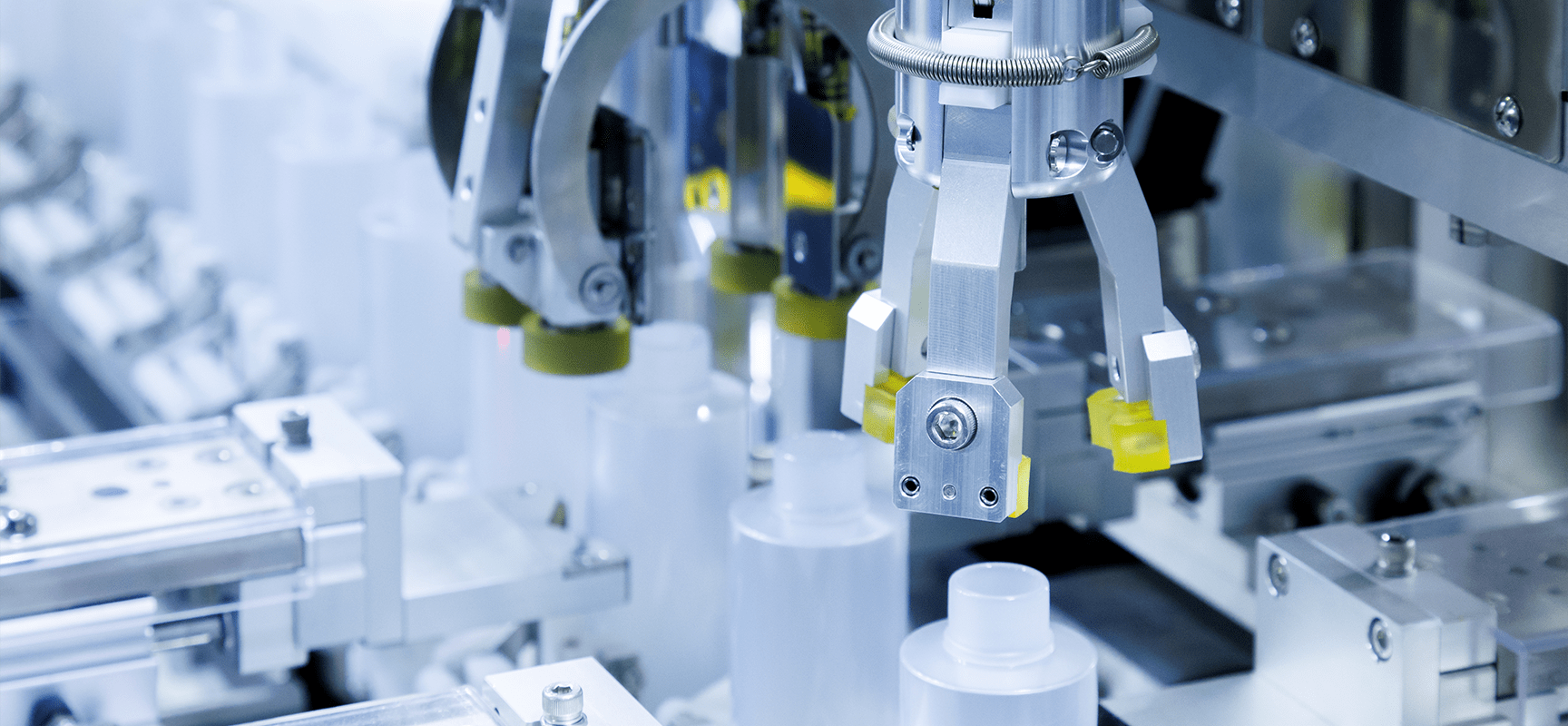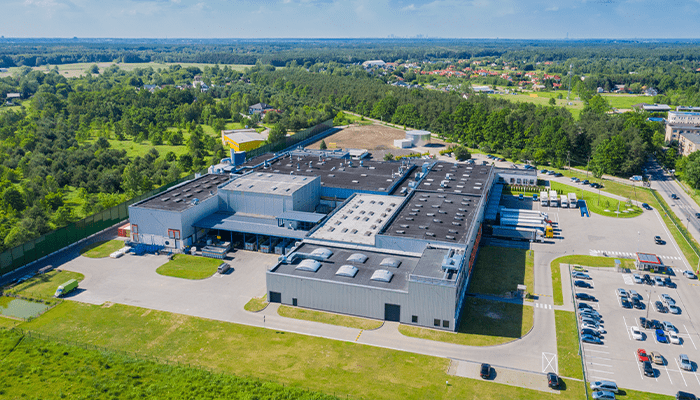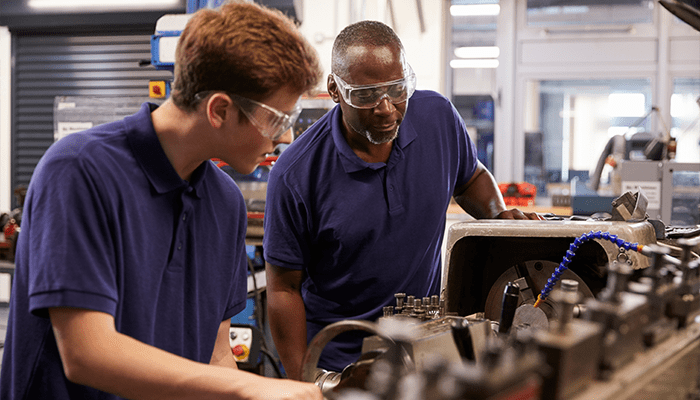
Transforming Manufacturing in 2025: How AI Technologies Drive Efficiency, Quality, and Sustainability
A recent Forbes story on key topics for manufacturers going into 2025 mentioned several, but the overall theme was the advancement of AI technologies in the manufacturing industry. Following is a list of some of the ways we anticipate that AI will reshape the industry:
Predictive Maintenance:
Equipment manufacturers will likely install more sensors than in the past that can analyze the equipment's performance in real time. The data will allow maintenance professionals to better understand what repairs are required in advance of equipment breakdown, reducing equipment downtime and possibly more costly repairs. Improved equipment maintenance will extend the equipment's lifespan.
Stay ahead in the evolving manufacturing landscape by subscribing for the latest insights and industry trends!
Quality Control:
Vision systems have been used in manufacturing for several years. Introducing AI into vision systems will allow for improved inspection and detection of defects in real time and will not allow the defects to pass through to downstream operations or potentially reach the customer. AI will not only improve the equipment's ability to detect defects, but machine learning as part of the AI systems will be able to detect patterns and predict potential defects, allowing for the process to be adjusted and keeping the defects from being produced.
Supply Chain:
AI will provide real-time visibility into supplier performance. Manufacturers will have information on potential risks based on the information being provided on the performance of their suppliers. They will also have improved decision-making capabilities, allowing for advanced visibility of potential delays and disruptions, and allowing production schedules to be adjusted quickly based on actual material availability.
Workforce Development:
AI-powered training platforms will provide manufacturers with advanced training methods that can be customized and adapted to each individual employee. AI can also improve AR training tools. AI/AR training tools will help employees acquire the skills needed to work with the advanced technologies that continue to be implemented in the manufacturing industry.
Dark Factories:
AI-driven automation reduces the need for manual labor, enabling "lights-out" manufacturing, where factories run 24/7 without human intervention.
AI is reshaping the manufacturing industry, driving efficiency, innovation, and sustainability. By adopting AI-driven solutions, manufacturers can increase competitiveness, reduce costs, and meet customer demands with precision and speed.
Related articles

Artificial intelligence is no longer a futuristic concept. For manufacturers, it is a practical tool already delivering measurable results in efficiency, quality, and risk management. That was the...

Manufacturers who import raw materials remain concerned about tariffs and their potential impact on costs and supply chain stability. While there’s no one-size-fits-all solution to reduce risk, there...

Business risk broadly refers to the potential for losses or operational disruptions stemming from internal or external factors. These factors may include market changes, regulatory compliance issues,...